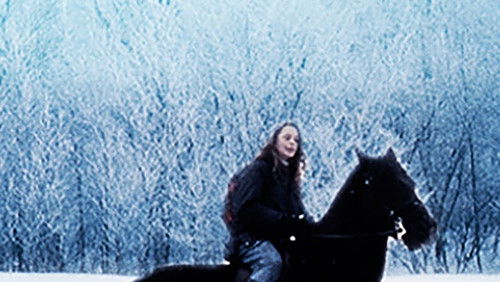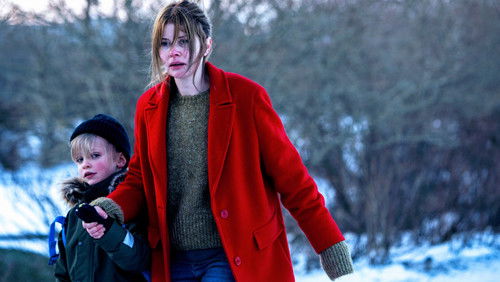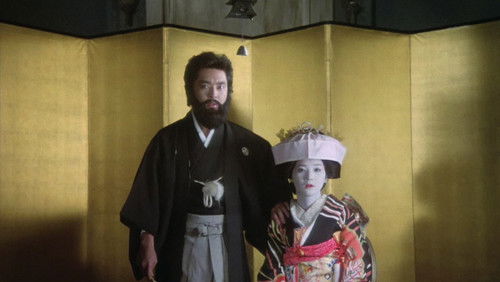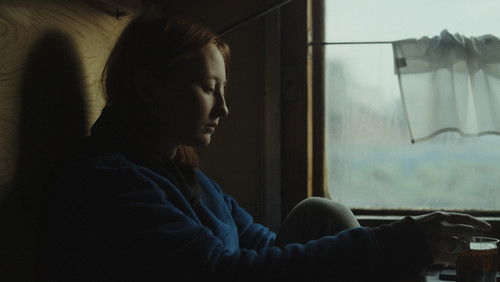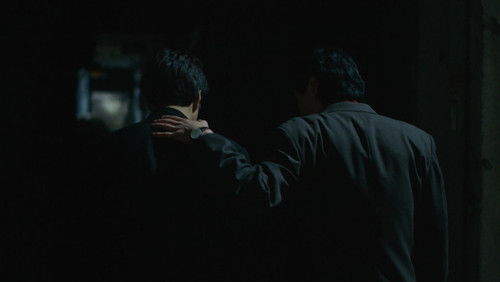Born Reckless (1930)
69KBorn Reckless: Directed by John Ford. With Edmund Lowe, Catherine Dale Owen, William Harrigan, Marguerite Churchill. Hoping to use the publicity to get re-elected, a judge sentences a notorious gangster to fight in the war.
“With such fluid epics as u0026quot;The Iron Horseu0026quot; (1924), u0026quot;Lightninu0026#39;u0026quot; (1925), u0026quot;Hangmanu0026#39;s Houseu0026quot; and u0026quot;Four Sonsu0026quot; (both 1928) in his resume, it is surprising that Fox would encumber Ford with a dialogue director over and over, but Fox did. In u0026#39;29u0026#39;s u0026quot;The Black Watchu0026quot; it was Lumsden Hare. Andrew Bennison is credited with the stage direction of u0026quot;Men Without Womenu0026quot; released January 1930. Judging from the result Bennison achieved in u0026quot;Born Recklessu0026quot; (released in May 1930), Iu0026#39;m astonished anyone would have given him a second chance.u003cbr/u003eu003cbr/u003eThe photoplay opens with a traveling camera shot of a parade. The camera prowls into a jewelry store where a heist is in progress. Outside, the cops u0026quot;get wiseu0026quot; when a stolen truck is discovered. An exiting shootout and chase ensues, with our hero, Louis Berretti, gaining refuge at his parentsu0026#39; apartment. Then Bennisonu0026#39;s stuff takes over. Well, molasses in Anchorage moves better and the pace of the film congeals. Berretti faces justice (eventually) and is u0026quot;sentencedu0026quot; to join the war effort overseas. John Ford stages some excellent sequences here, with Berrettiu0026#39;s approbatory service delivering him home a hero. He opens a nightclub which, unfortunately, keeps Berretti rubbing elbows with his old mob and allows plenty scenes filled with Bennison-helmed hubris. The dialogue is not only awkward with head-shaking gaps, but has characters with names like Big Shot putting people u0026quot;on the spotu0026quot; [murdered].u003cbr/u003eu003cbr/u003eAudiences of 1930 could not fast forward but you can and should. Edmund Loweu0026#39;s performance is nothing like the smooth u0026quot;Chanduu0026quot; of a year later and probably should be skipped over to view Fordu0026#39;s impressive set pieces. The swamp at the pictureu0026#39;s conclusion cribs Foxu0026#39;s u0026quot;Sunriseu0026quot; but remains impressive for an early talkie. I gave it a 7 for Fordu0026#39;s contributions. On the whole, though, this is the kind of film that gave early TV viewers a bad taste for early talkies. Viewers beware.”
